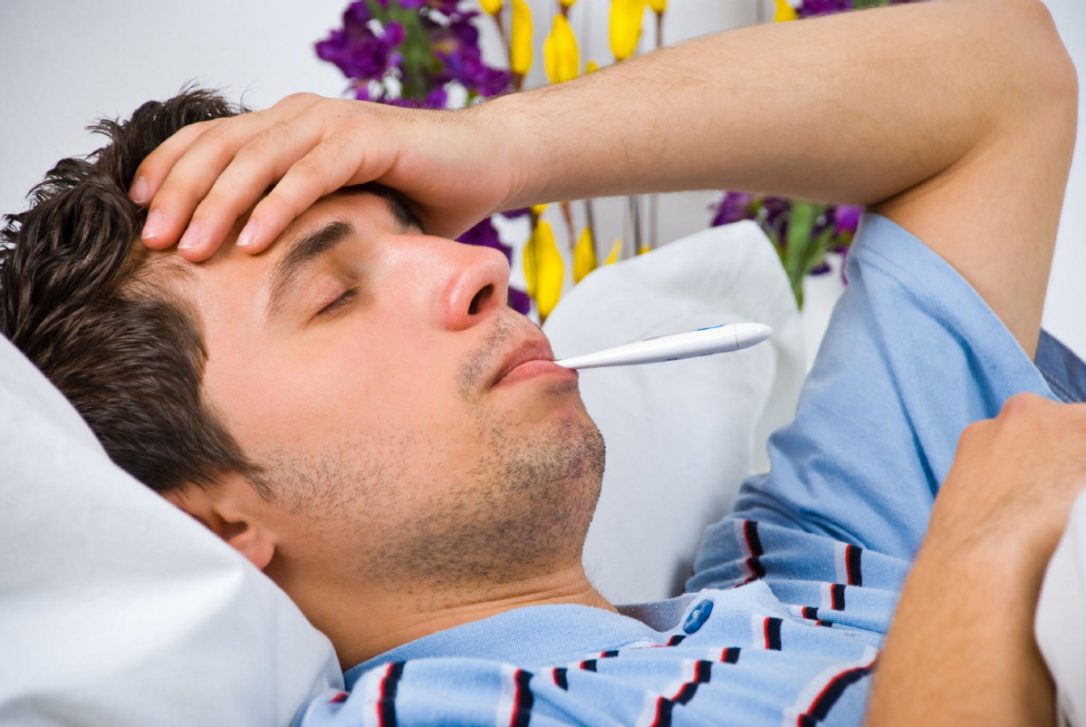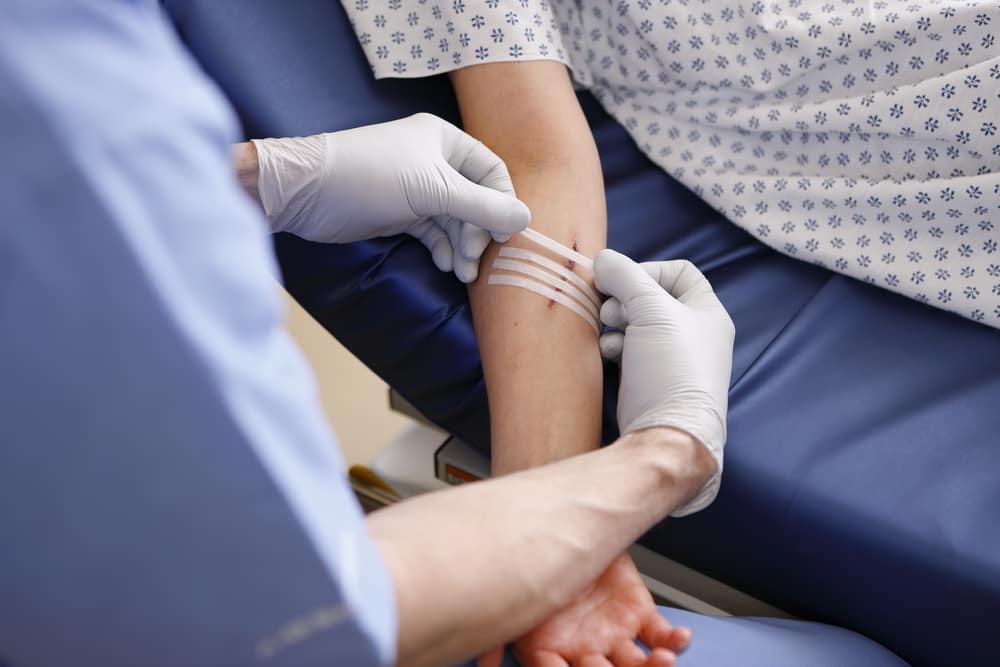Contents:
- Medical Video: Thyroid Surgery (Thyroidectomy)
- After surgery, is it normal?
- What causes fever after surgery?
- What is the sign if the fever that I am experiencing is serious enough?
- How to prevent postoperative fever?
Medical Video: Thyroid Surgery (Thyroidectomy)
Do you have a fever after surgery? You might panic for fear that this might be caused by something serious. Then what actually causes fever after surgery? Is this dangerous?
After surgery, is it normal?
In fact, a fever is a natural thing that happens after someone has had a certain operation. You do not need to worry, because fever after surgery is not a bad thing and endangers health.
In most cases, fever after surgery can be easily overcome by administering drugs such as paracetamol or ibuprofen. Even if the fever is not too high, medication is not needed. However, postoperative fever actually can also indicate that the patient's health condition is not good and needs special treatment.
What causes fever after surgery?
There are two things that might cause fever to appear after surgery, namely complications or problems due to surgery and other health problems. The following are postoperative complications that increase body temperature:
- An infection occurs, including pneumonia, urinary tract infections, and infection in the operating scar.
- Sepsis, which is blood poisoning due to certain infections.
- Have a blood transfusion. After surgery, the body may experience a large amount of blood loss. Therefore, patients undergoing major surgery will usually be transfused afterwards.
In addition, the cause of you having a fever may not be due to the side effects of surgery. It is very possible if you have a flu-causing bacteria or virus a few days after surgery.
What is the sign if the fever that I am experiencing is serious enough?
Mild fever is very common, this indicates that your body is experiencing a period of healing. Temperatures including mild fever are around 37 degrees Celsius. If indeed your body temperature reaches that number, you don't need to panic, usually your body temperature will return to normal quickly.
Meanwhile, moderate fever is characterized by an increase in body temperature reaching 38-39 degrees Celsius. If this happens, you should be aware of any other symptoms you feel at that time, such as nausea, vomiting, pain in one part of the body, or bleeding. Because maybe this happens due to infection. But if there are no other symptoms, doctors will usually give you fever-lowering drugs such as ibuprofen and acetaminophen.
If your fever is a high fever, which reaches up to more than 39 degrees Celsius, then you should immediately notify your medical team. Because this can be caused by a serious infection. You will also be asked to check tissue culture to see what bacteria are causing the infection.
How to prevent postoperative fever?
You can prevent a fever from appearing after surgery by doing the following easy things:
- Eat foods that can heal wounds. Foods that contain protein and vitamin K can make your surgical wound heal faster.
- Pay attention to your surgical wound. If you feel pain or bleeding from your surgical wound, immediately consult a doctor.
- Change wound bandages regularly. Ask your medical team to replace wound bandages. Usually the wound bandages will be replaced 3-6 days after surgery.
If you experience other symptoms after surgery, such as feeling pain, shortness of breath, dizziness, nausea, or vomiting, then don't hesitate to contact the doctor who handles you.













